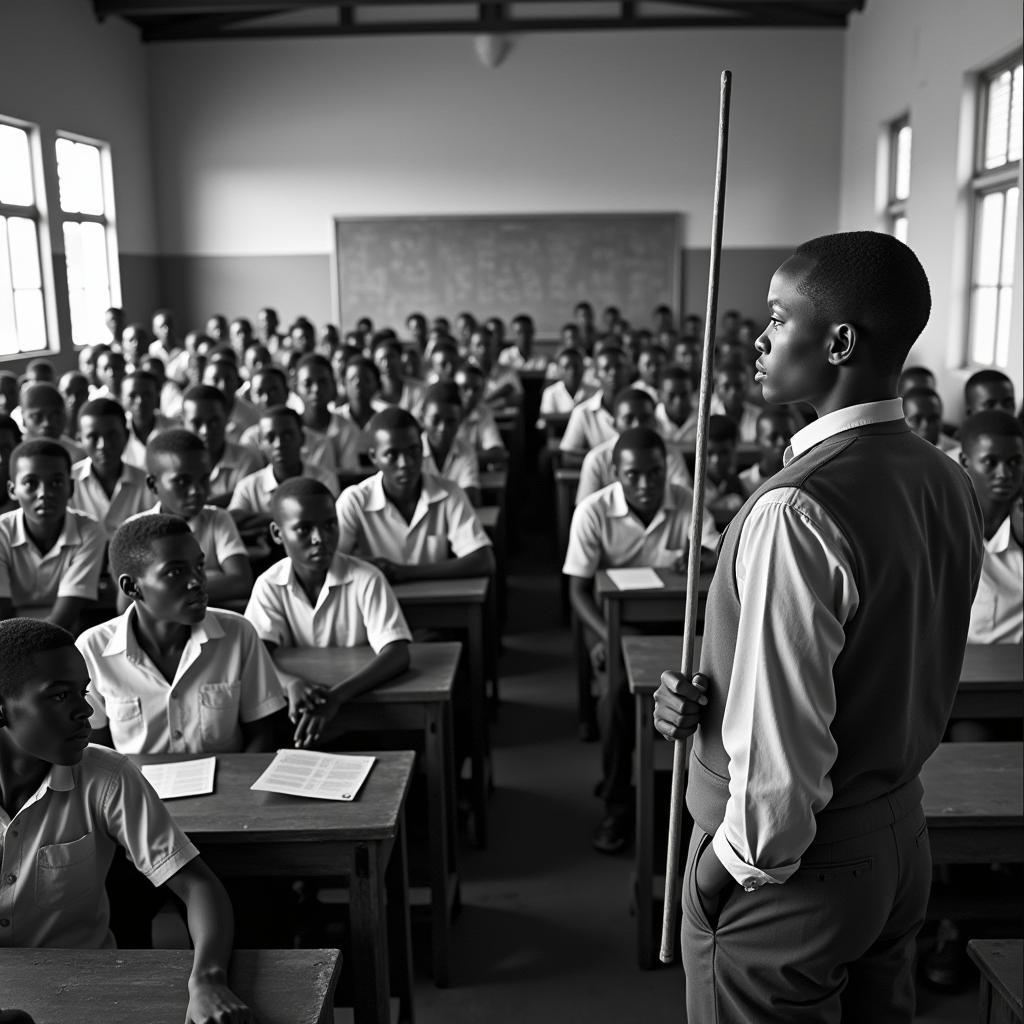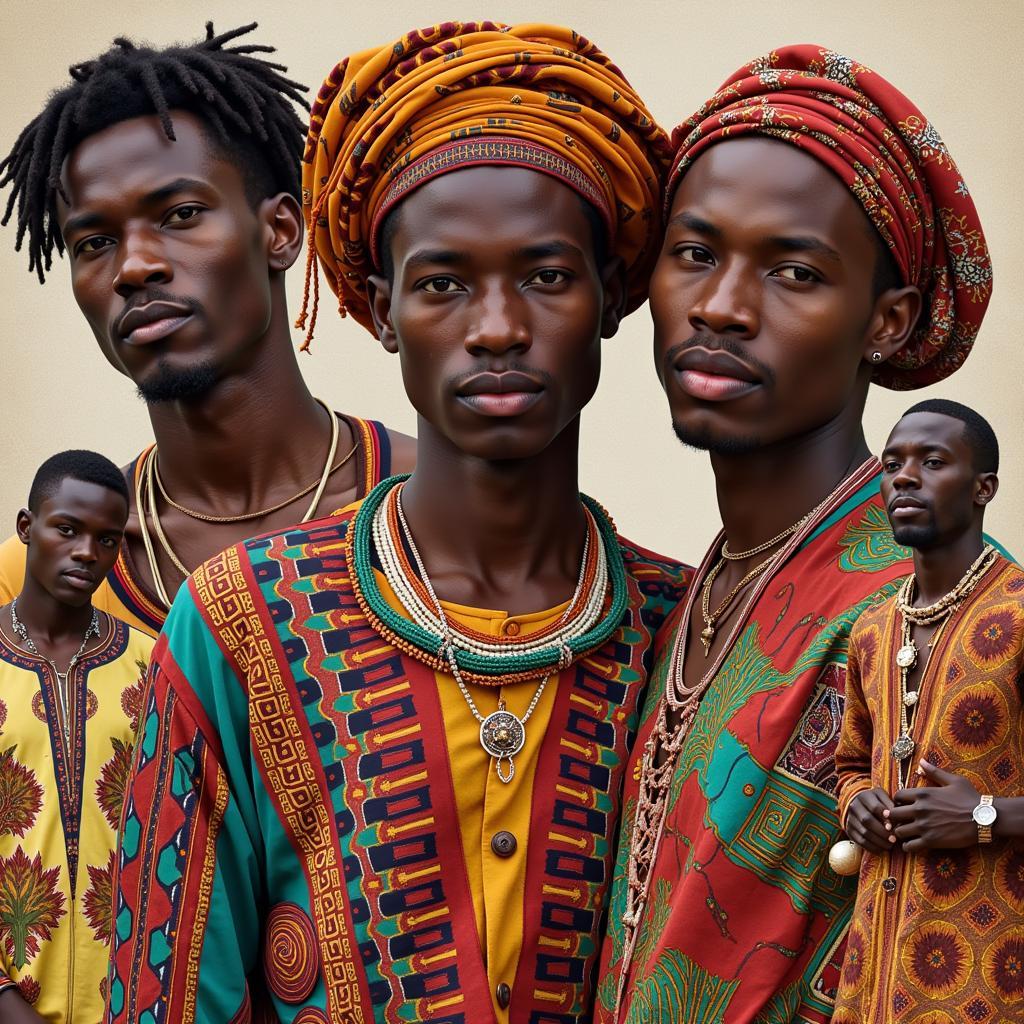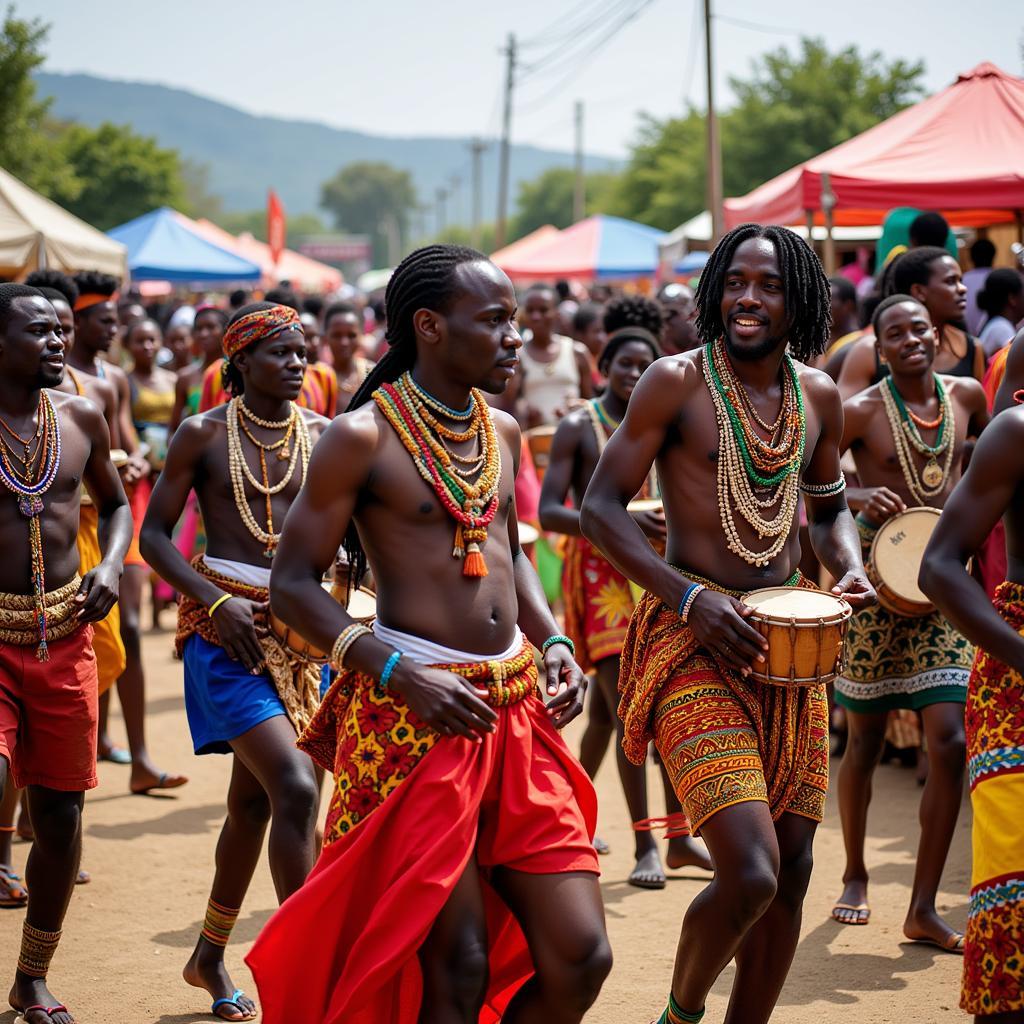African Boy Memes and the Reality of Classroom Punishment
The internet is awash with “African boy memes,” often depicting humorous scenarios of schoolchildren facing exaggerated punishments. While these memes might seem harmless fun, they often perpetuate harmful stereotypes about African education systems and trivialize the serious issue of corporal punishment. This article delves into the reality behind the humor, exploring the historical context, cultural nuances, and ongoing challenges surrounding classroom discipline in Africa.
The Legacy of Colonial Education and Corporal Punishment
To understand the complexities of classroom punishment in Africa, we must first acknowledge the lasting impact of colonial education systems. European colonial powers often imposed their own models of education, which frequently included corporal punishment as a primary means of discipline. This legacy continues to cast a shadow on many African countries even after achieving independence.
 Students in a Colonial-Era African Classroom
Students in a Colonial-Era African Classroom
Cultural Perspectives on Discipline and Respect
Across diverse African cultures, discipline is highly valued and often intertwined with concepts of respect for elders and authority figures. While physical punishment might not be the primary method of discipline in many communities, traditional forms of correction can be misconstrued or misrepresented in the digital age, leading to the creation and dissemination of memes that lack cultural sensitivity.
The Reality of Corporal Punishment and its Consequences
It is crucial to acknowledge that corporal punishment remains a pressing concern in many parts of Africa. The use of physical force as a disciplinary measure can have severe and long-lasting consequences for children, impacting their physical and emotional well-being, academic performance, and overall development.
Moving Towards Positive Discipline Strategies
Across the continent, there is a growing movement advocating for positive discipline strategies that emphasize respect, communication, and understanding. Many educators and parents are embracing alternative forms of discipline that focus on teaching children about responsibility, empathy, and problem-solving skills.
The Role of Education in Shaping Perceptions
Education plays a pivotal role in challenging harmful stereotypes and promoting a more nuanced understanding of African societies. By fostering critical thinking and media literacy, we can empower individuals to engage with online content responsibly and challenge the perpetuation of negative portrayals.
Conclusion
While “African boy memes” about classroom punishment might seem like harmless entertainment, it is essential to recognize the complex historical, cultural, and social factors that contribute to the issue of discipline in African schools. By promoting dialogue, understanding, and positive change, we can work towards creating a more equitable and just educational experience for all children.


